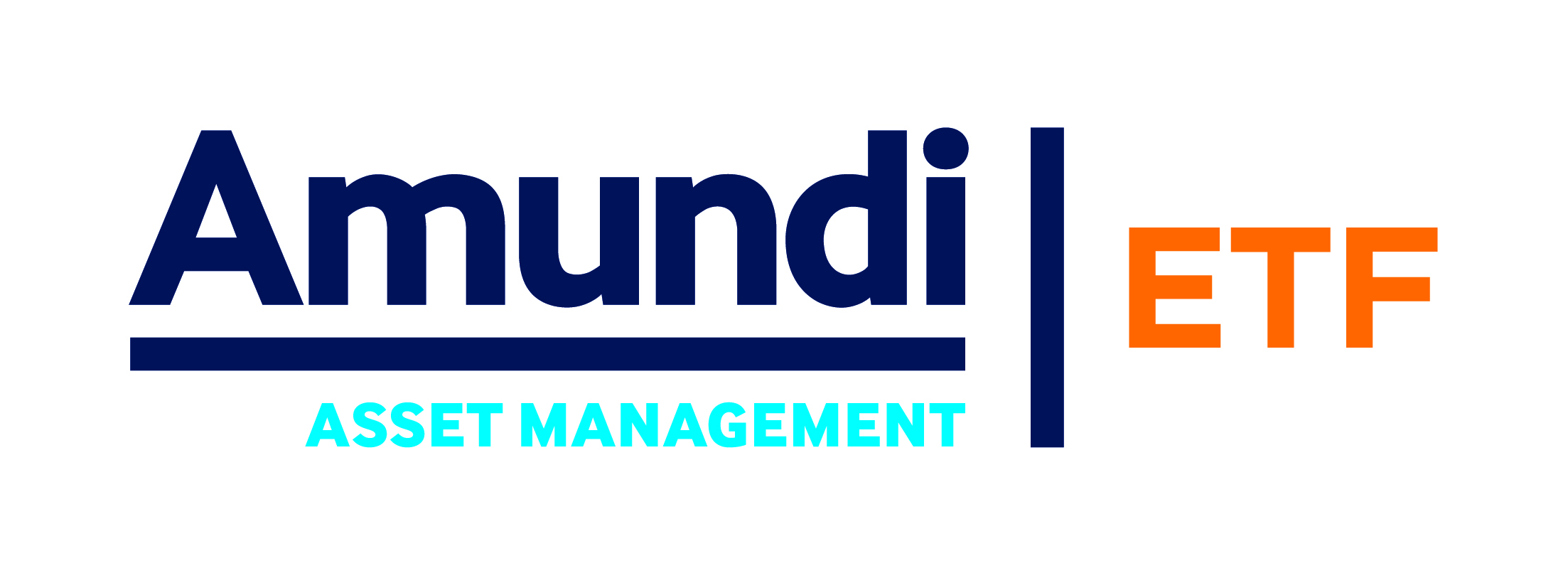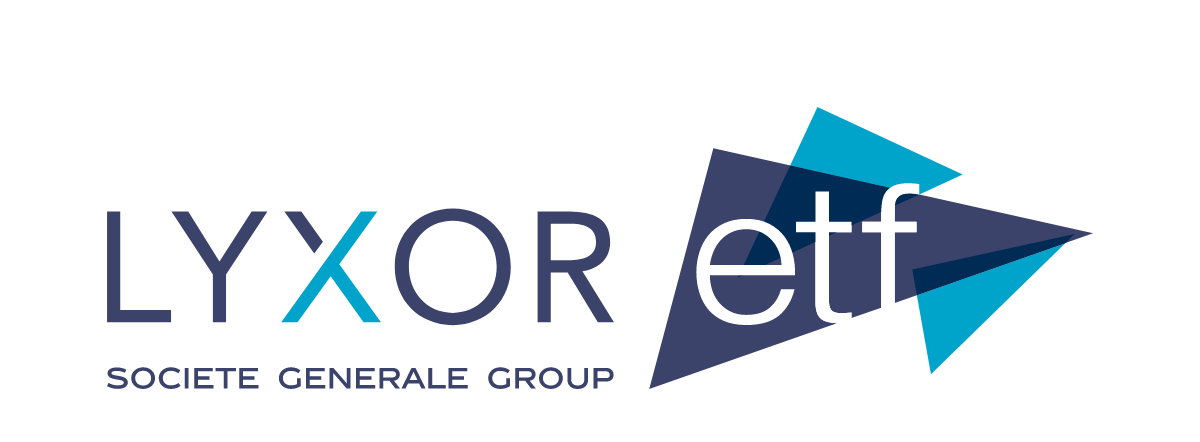Amundi is streamlining its fixed income ETF range by merging two Lyxor floating rate bond products with its own and then combining two of its euro corporate bond ETFs.
Effective 16 June, the French asset manager is merging the Lyxor Euro Floating Rate Note UCITS ETF (FLOT) into the Amundi Floating Rate Euro Corporate ESG UCITS ETF (AFRN) and the Lyxor $ Floating Rate Note UCITS ETF (BUOY) into the Amundi Floating Rate USD Corporate ESG UCITS ETF (AFLT).
The combined euro-denominated ETF – to be rebranded the Amundi EUR Floating Rate Corporate Bond ESG UCITS ETF – will be almost double the size of Amundi's current product and become Europe's second-largest floating rate ETF with $1.8bn assets under management (AUM).
The combined US dollar-denominated bond ETF – to be renamed the Amundi USD Floating Rate Corporate Bond ESG UCITS ETF – will become Europe’s third-largest floating rate ETF with $884m AUM.
Investors in Lyxor’s euro-denominated floating rate ETF will see a fee reduction of 12 basis points (bps) to 0.18% while holders of the US dollar-denominated equivalent will see costs increase by 3bps to 0.18%.
The third merger will see the Amundi BBB Euro Corporate Investment Grade ESG UCITS ETF (CBBB) absorbed by the Amundi Index Euro Corp BBB 1-5 UCITS ETF (EBBB), effective 21 June.
Prior to the merger EBBB will be overhauled to track the Bloomberg MSCI Euro Corporate 1-5 Year ESG Sustainability SRI index and will be renamed the Amundi EUR Corporate Bond 1-5Y ESG UCITS ETF. The revamped ESG strategy will house $452m AUM.
Investors in CBBB will see no price impact with the TER of the new ETF matching their product’s 0.20% fee.
The changes are just the latest in a campaign by Amundi to restructure its roster, a move the firm said would increase investment capacity and see investors benefit from economies of scale.
A string of product mergers began after the French asset manager acquired Lyxor from Société Générale last January.
Earlier this month, Amundi merged its US Treasury bond ETFs with Lyxor equivalents, halving the fees to 0.07% and taking the range to $1.6bn AUM.





